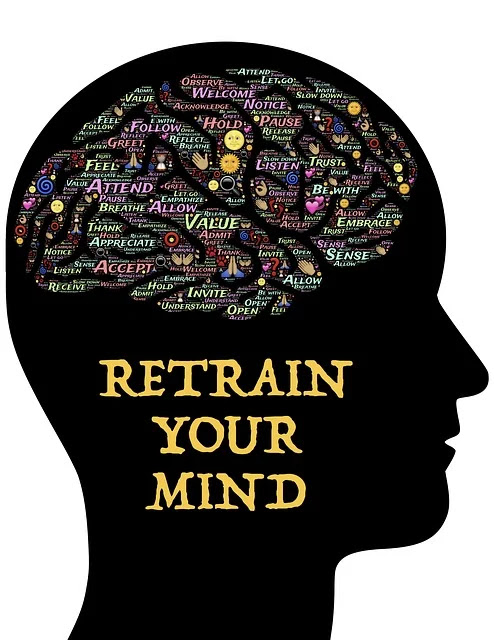Zero To One Brief Summary #5

Zero To One Notes on Startups, or How to Build the Future by Peter Thiel An inspiring guide for entrepreneurs looking to build innovative and successful businesses with Blake Masters Co-founder of PayPal and early investor in Facebook Thiel's unique perspective. It is about the nature of innovation and business is about . The book is based on this stirring manuscript of Thiel's lectures at Stanford University, written and edited by former student Blake Masters Introduction: Future and development Thiel begins by distinguishing between two types of growth: horizontal growth, which involves imitating existing ideas, and horizontal growth, which involves doing something completely new. He uses the phrase "going from 0 to 1." " summarizes this concept, which represents a leap from nothing to something different. Thill argues that true innovation is elusive and must be actively pursued in a world where incremental progress is oft...




